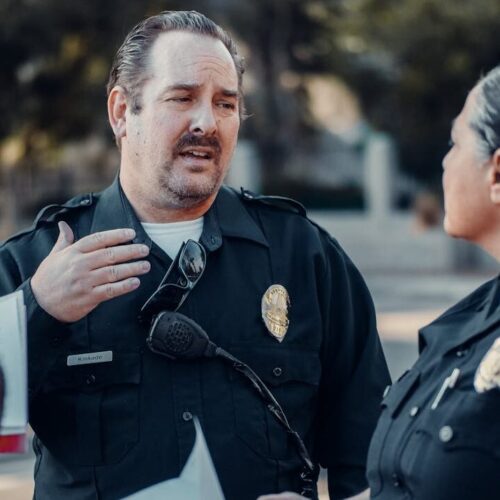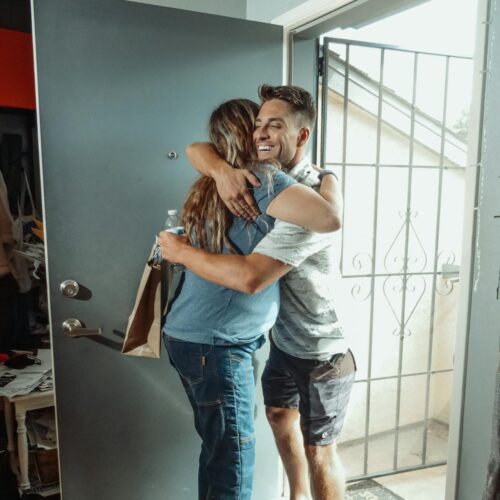
Apply Now for Short-Term, Free Police-Mental Health Collaboration Support in 2023
********This application deadline has passed********
With support from the U.S. Department of Justice’s Office of Justice Programs’ Bureau of Justice Assistance, The Council of State Governments (CSG) Justice Center is offering free training and technical assistance (TA) to jurisdictions and agencies looking to develop data collection strategies to enhance police-mental health collaborations (PMHC). This support will focus on data collection and performance metrics and can include online training, consultation with subject matter experts, policy review, and peer connections.
At the end of the TA, you will have developed a data plan for your PMHC, identified challenges and solutions for information sharing, selected impactful performance metrics for measuring success of your program and, developed reliable strategies for collecting these metrics.
Please submit your application by July 10, 2023. You will be notified about any next steps no later than July 24, 2023. If you have any questions, contact Carleigh Sailon at csailon@csg.org.
Photo by Lukas via Pexels
Project Contact

The sharp rise in school shootings over the past 25 years has led school officials across the U.S.…
Read MoreA three-digit crisis line, 988, launched two years ago to supplement—not necessarily replace—911. Calling 988 simplifies access to…
Read MoreIt would hardly be controversial to expect an ambulance to arrive if someone called 911 for a physical…
Read More Taking the HEAT Out of Campus Crises: A Proactive Approach to College Safety
Taking the HEAT Out of Campus Crises: A Proactive Approach to College Safety
The sharp rise in school shootings over the past 25 years has led school officials across the U.S. to take a closer look at ways to keep students safe. For Chaffey College in Rancho Cucamonga, California, a tragic incident at a nearby university hit close to home and spurred campus leaders to revisit their own school’s threat assessments and crisis responses.
Read More From 911 to 988: Salt Lake City’s Innovative Dispatch Diversion Program Gives More Crisis Options
From 911 to 988: Salt Lake City’s Innovative Dispatch Diversion Program Gives More Crisis Options
A three-digit crisis line, 988, launched two years ago to supplement—not necessarily replace—911. Calling 988 simplifies access to services when people are seeking help for themselves or loved ones with suicidal thoughts, behavioral health concerns, or substance use-related crises.
Read More Matching Care to Need: 5 Facts on How to Improve Behavioral Health Crisis Response
Matching Care to Need: 5 Facts on How to Improve Behavioral Health Crisis Response
It would hardly be controversial to expect an ambulance to arrive if someone called 911 for a physical health emergency. And yet, for years, the default responders for a behavioral health emergency have been law enforcement officers, not behavioral health professionals.
Read More











